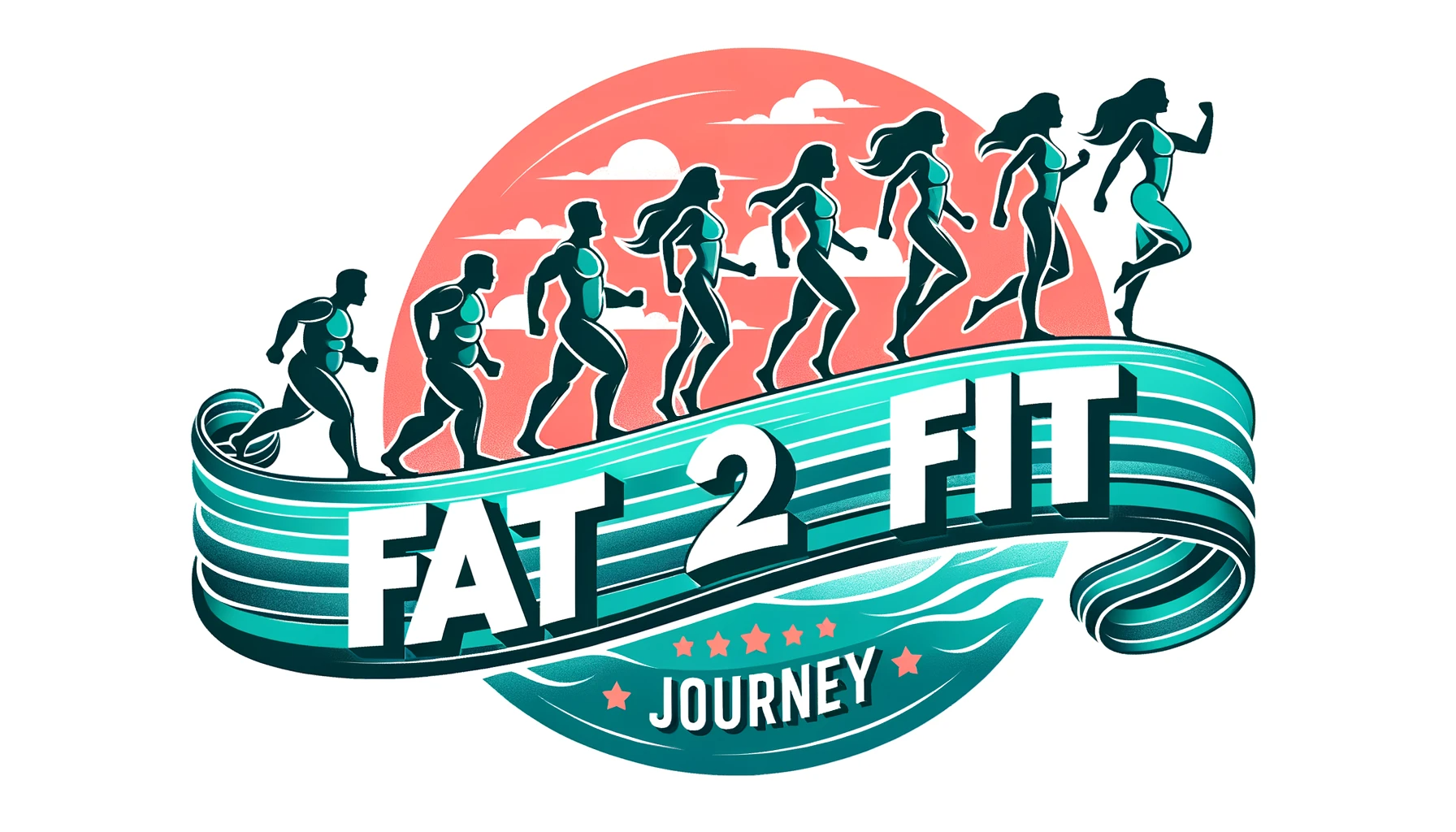Are you looking to amp up your fitness game and achieve your health goals? Look no further! The High-Protein Diet is here to be your ultimate game-changer. Packed with all the essential nutrients your body needs, this diet is designed to fuel your muscles, boost your metabolism, and help you shed those extra pounds. Whether you are a gym enthusiast or simply aiming to adopt a healthier lifestyle, the High-Protein Diet is bound to be your new best friend. Get ready to embark on a journey towards a stronger and fitter you!
Table of Contents
Benefits of a High-Protein Diet
Weight Loss
One of the key benefits of following a high-protein diet is its ability to aid in weight loss. Protein is known to have a higher thermic effect compared to fats and carbohydrates, meaning your body burns more calories when digesting and metabolizing protein. Additionally, high-protein foods tend to be more filling and satisfying, which can reduce cravings and snacking between meals. By incorporating a sufficient amount of protein into your diet, you may experience enhanced weight loss results.
Muscle Growth and Repair
Protein is crucial for muscle growth and repair. When you engage in physical activities such as weightlifting or resistance training, your muscles experience microscopic tears. Protein provides the building blocks necessary for repairing these tears, leading to stronger and more defined muscles. Incorporating high-quality protein sources into your diet can help support muscle growth and enhance your physique.
Increased Feeling of Fullness
One of the reasons protein is beneficial for weight loss is its ability to increase feelings of fullness. When you consume protein-rich foods, they can help regulate your appetite by triggering the release of hormones that signal fullness to your brain. This can help curb your appetite, reduce overeating, and promote better portion control. By prioritizing protein in your meals, you may find it easier to maintain a calorie deficit and achieve your weight loss goals.
Improved Brain Function
Protein is not only important for your muscles but also for your brain. The amino acids found in protein are essential for the production of neurotransmitters, which are responsible for transmitting signals between nerve cells in the brain. Adequate protein intake can support optimal cognitive function, improve mood, and enhance mental performance. By including protein in your diet, you can nourish your brain and promote overall mental well-being.
Better Immune System Function
Protein plays a vital role in supporting a healthy immune system. Antibodies that help fight off infections and diseases are composed of proteins. When your body is lacking sufficient protein, it may compromise your immune system’s ability to defend against harmful pathogens. By following a high-protein diet, you can provide your body with the necessary building blocks to strengthen your immune system and enhance your ability to ward off illnesses.
Potential Risks and Side Effects
Kidney Damage
While protein is essential for overall health, consuming excessive amounts can potentially strain the kidneys. The kidneys are responsible for filtering waste products from the blood, and processing excessive protein intake can put strain on these organs. However, for individuals with healthy kidneys, the risk of developing kidney damage from a high-protein diet is minimal. It is important to drink an adequate amount of water and consult with a healthcare professional if you have any pre-existing kidney conditions.
Increased Risk of Heart Disease
There is conflicting evidence regarding the relationship between high-protein diets and heart disease. Some studies suggest that diets high in animal-based proteins, such as red meat, may increase the risk of heart disease, while others show no significant association. To minimize any potential risks, it is advisable to opt for lean protein sources, such as poultry, fish, and plant-based proteins. Additionally, incorporating a balanced diet that includes a variety of other nutrient-rich foods is essential for heart health.
Nutrient Deficiencies
When following a high-protein diet, it is crucial to ensure you are not neglecting other essential nutrients. Focusing solely on protein-rich foods may lead to a lack of intake of other vital nutrients, such as carbohydrates, healthy fats, vitamins, and minerals. To avoid nutrient deficiencies, it is important to incorporate a wide range of nutrient-dense foods into your diet. A balanced approach to nutrition is key to reaping the benefits of a high-protein diet while still meeting your overall nutritional needs.
Digestive Issues
Some individuals may experience digestive issues, such as bloating, constipation, or diarrhea, when consuming a high-protein diet. This can be attributed to the insufficient intake of dietary fiber, which is commonly found in carbohydrate-rich foods such as fruits, vegetables, and whole grains. To ensure proper digestion, it is recommended to include fiber-rich foods in your diet and stay adequately hydrated.
Bad Breath
High-protein diets can sometimes lead to bad breath, commonly known as “ketone breath.” When following a low-carbohydrate, high-protein diet, the body can enter a state of ketosis, where it primarily burns fat for fuel instead of carbohydrates. This metabolic state can result in the production of ketones, which can give off a distinct odor on the breath. Maintaining good oral hygiene practices, such as regular brushing, flossing, and mouthwash use, can help alleviate this side effect.

Recommended Protein Intake
Dietary Reference Intake (DRI) Guidelines
The recommended protein intake can vary depending on factors such as age, sex, activity level, and overall health. The Dietary Reference Intake (DRI) provides guidelines for protein consumption based on these factors. For most healthy adults, the general recommendation is to consume 0.8 grams of protein per kilogram of body weight per day. However, certain populations, such as athletes, pregnant or lactating women, and individuals recovering from injuries or illnesses, may require higher protein intakes.
Determining Protein Needs
To determine your specific protein needs, it is best to consult with a healthcare professional or registered dietitian. They can assess your individual circumstances and provide personalized recommendations. Factors taken into consideration may include your activity level, muscle mass, health goals, and any underlying medical conditions. Working with a professional can help ensure that you meet your nutritional requirements while optimizing protein intake.
Protein Intake for Different Age Groups
Protein needs can vary across different age groups. Children and adolescents require protein for growth and development, with the recommended intake ranging from 0.85 to 1.52 grams per kilogram of body weight per day. Adults generally have lower protein needs, with the recommended intake falling within the range of 0.8 to 1.2 grams per kilogram of body weight per day. Older adults may benefit from slightly higher protein intakes to support muscle maintenance and prevent age-related muscle loss.
Sources of High-Quality Protein
Lean Meats and Poultry
Lean meats, such as chicken breast, turkey, and lean cuts of beef or pork, are excellent sources of high-quality protein. They are low in fat and offer essential amino acids necessary for muscle building and repair. When selecting meats, choose lean cuts and trim visible fat to reduce the intake of unhealthy saturated fats. Grilling, baking, or broiling meat without adding excessive oils or sauces is the healthiest way to prepare them.
Fish and Seafood
Fish and seafood are highly nutritious and rich sources of protein. They also provide beneficial omega-3 fatty acids, which are important for heart health and brain function. Fatty fish like salmon, mackerel, and sardines are particularly high in omega-3 fatty acids. Including fish and seafood in your diet regularly can not only help meet your protein needs but also provide additional health benefits.
Eggs and Dairy Products
Eggs and dairy products, such as milk, yogurt, and cheese, are versatile sources of high-quality protein. Eggs are considered a complete protein, meaning they provide all the essential amino acids required by the body. Dairy products, especially Greek yogurt, are excellent sources of protein and can be incorporated into meals or consumed as snacks. It is important to choose low-fat or non-fat options to minimize unhealthy saturated fats.
Plant-Based Protein Sources
Plant-based protein sources offer a variety of options for individuals following vegetarian or vegan diets, or simply looking to incorporate more plant-based foods into their diet. Legumes (beans, lentils, chickpeas), tofu, tempeh, seitan, quinoa, edamame, and certain nuts and seeds are all excellent sources of plant-based protein. By combining different plant-based protein sources throughout the day, you can obtain all the essential amino acids required by the body.

Sample High-Protein Meal Plan
Breakfast
- 2 scrambled eggs with spinach and tomatoes
- 1 whole-wheat toast with almond butter
- 1 cup of Greek yogurt with mixed berries
Lunch
- Grilled chicken breast or tofu with a quinoa salad (mixed vegetables, black beans, and dressing made with olive oil and lemon juice)
- Side of steamed broccoli or roasted vegetables
Snack
- A handful of almonds or a protein shake made with your choice of plant-based or whey protein powder
Dinner
- Grilled salmon or cod with roasted sweet potatoes and steamed asparagus
- Side salad with mixed greens, cherry tomatoes, and a light vinaigrette dressing
Dessert
- Greek yogurt with a sprinkle of dark chocolate chips and sliced strawberries
Tips for Incorporating High-Protein Foods into Your Diet
Planning Meal Options Ahead
To ensure you are meeting your protein goals, it can be helpful to plan your meals and snacks in advance. Consider incorporating protein-rich foods into each meal and have protein-packed snacks readily available. This will not only help you stay on track but also prevent the temptation of reaching for unhealthy options when hunger strikes.
Choosing Snacks Wisely
When selecting snacks, opt for protein-rich options to help keep you satisfied between meals. Some healthy snack choices include Greek yogurt, mixed nuts, cottage cheese, or protein bars. These snacks not only provide a good amount of protein but also offer other essential nutrients.
Opting for Protein-Rich Ingredients
When cooking meals, make a conscious effort to include protein-rich ingredients. For example, add beans or lentils to soups, stews, or salads. Choose whole grains such as quinoa or brown rice, which also contain protein, as the base for your meals. By being mindful of protein-rich ingredients, you can easily incorporate more protein into your diet without sacrificing taste or variety.
Experimenting with New Recipes
To keep your high-protein diet exciting and enjoyable, explore new recipes that incorporate different protein sources. This can help prevent boredom and ensure you’re getting a wide range of nutrients. Look for recipes that feature lean meats, fish, poultry, tofu, tempeh, legumes, or plant-based proteins. Trying new flavors and cooking methods can make your high-protein meals more interesting and satisfying.

The Importance of Balancing Macronutrients
Carbohydrates and Fats in a High-Protein Diet
While protein is an important macronutrient, it is essential to remember that carbohydrates and fats also play crucial roles in a balanced diet. Carbohydrates provide the body with energy, and healthy fats are necessary for hormone production, nutrient absorption, and overall well-being. When following a high-protein diet, it is important to include sufficient portions of complex carbohydrates, such as whole grains, fruits, and vegetables, as well as healthy fats from sources like avocados, nuts, and olive oil.
Finding the Right Balance for Your Body
Every person is unique, and their nutritional needs may vary. It is essential to find the right balance of macronutrients, including protein, that works best for your body. Factors such as activity level, health goals, and personal preferences should be taken into consideration. Experiment with different ratios of carbohydrates, proteins, and fats to discover what makes you feel energized, satisfied, and supports your overall well-being.
Fitness and High-Protein Diets
Pre- and Post-Workout Nutrition
Protein plays a crucial role in pre- and post-workout nutrition. Consuming a protein-rich snack or meal before exercising can help provide your muscles with the necessary amino acids to support energy and recovery. After a workout, protein intake is essential for repairing and rebuilding muscle tissue. Consider incorporating a protein source, such as a protein shake or a combination of protein and carbohydrates, within 30 minutes to an hour after exercise.
Protein as a Building Block for Muscle
Protein is often touted as the building block for muscle, and for good reason. When you engage in strength training or other forms of exercise that place stress on your muscles, the body needs protein to repair and rebuild them. By including a sufficient amount of protein in your diet, you can support muscle growth and recovery, leading to enhanced athletic performance and overall fitness.
Timing of Protein Consumption
While meeting your daily protein needs is important, the timing of protein consumption can also influence its effectiveness. Consuming protein throughout the day, rather than in one large meal, can optimize muscle protein synthesis and provide a steady supply of amino acids for muscle repair and growth. It is especially beneficial to consume protein both before and after workouts to maximize exercise-induced muscle protein synthesis.
Addressing Common Myths about High-Protein Diets
Protein and Kidney Damage
There is a common misconception that consuming a high-protein diet can cause kidney damage. While excessive protein intake may strain the kidneys in individuals with pre-existing kidney conditions, there is no evidence to suggest that a high-protein diet is harmful to healthy kidneys. It is crucial to maintain a balanced diet, stay hydrated, and consult with a healthcare professional if you have any concerns about kidney health.
Protein and Bone Health
Another myth surrounding high-protein diets is the belief that they can negatively impact bone health. Some studies have suggested that high-protein diets may increase calcium excretion, potentially leading to a decrease in bone mineral density. However, other research has shown that increased protein intake can actually have a positive effect on bone health. Ensuring an adequate intake of calcium and vitamin D, along with regular exercise, is important for maintaining healthy bones regardless of protein consumption.
Protein and Athletic Performance
There is a common belief that consuming large amounts of protein will automatically enhance athletic performance. While protein is indeed crucial for muscle growth and repair, consuming excessive protein will not guarantee improved athletic performance. Meeting your protein needs is important, but other factors such as overall diet, training regimen, rest, and recovery play vital roles in optimizing athletic performance. It is important to establish a well-rounded approach to nutrition and training that suits your specific needs and goals.
Conclusion
Incorporating a high-protein diet into your lifestyle can offer numerous benefits, including weight loss, muscle growth, increased feelings of fullness, improved brain function, and enhanced immune system function. However, it is crucial to be mindful of potential risks and side effects, such as kidney strain, increased heart disease risk, nutrient deficiencies, digestive issues, and bad breath. Following recommended protein intake guidelines and obtaining protein from a variety of sources, such as lean meats, fish, dairy products, and plant-based options, is key to maintaining a balanced and nutritious diet. Adding high-protein foods to your meals, planning ahead, choosing suitable snacks, and experimenting with new recipes can help you incorporate protein-rich options into your diet. It is essential to find the right balance of macronutrients for your body to support overall health and fitness. By addressing common myths and misconceptions, such as the ideas that high-protein diets cause kidney damage, negatively affect bone health, or automatically enhance athletic performance, you can make informed decisions about your diet and fitness goals. Remember, consult with a healthcare professional or registered dietitian before making any significant dietary changes to ensure they align with your individual needs and health status.
